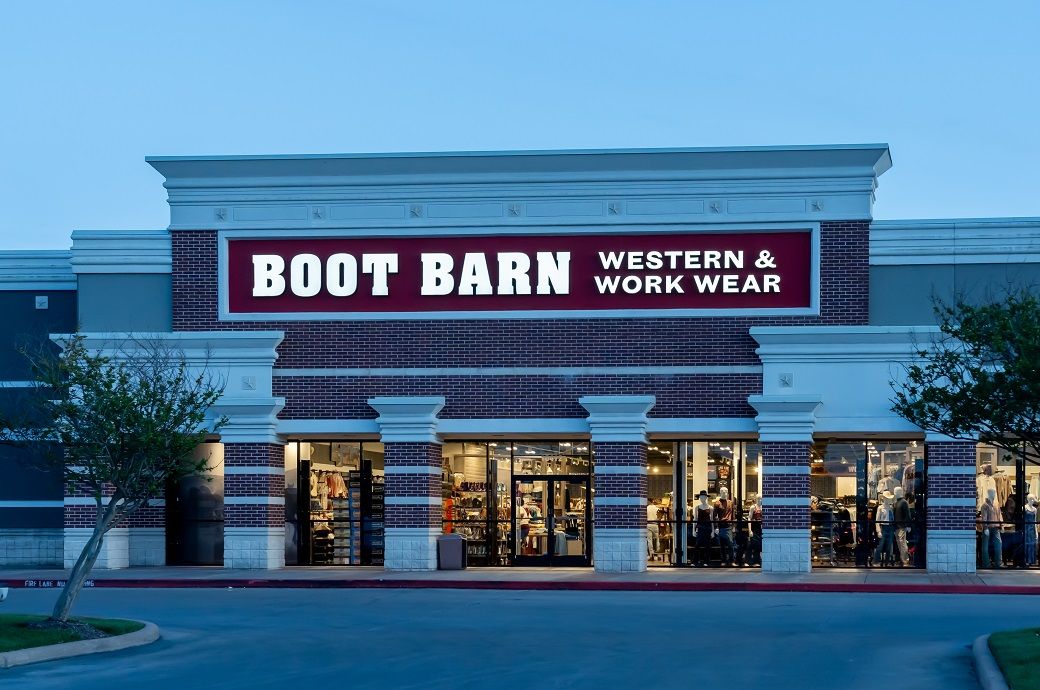
Taking a trip down the cleaning aisle of any big box retailer, or watching TikTok videos from creators obsessed with making sudsy #CleanWithMe content may leave you with the idea that you need an arsenal of cleaning supplies to keep your home sparkling. There are pink pastes and purple foams and dish soaps that are dispensed via a sprayer mechanism. And there are cleaners for just about every surface you can imagine - marble, granite, tile, hardwood, stainless steel - and a few you probably can't (hello, coil cleaner).
But while the colorful pastes and foams have their place and can be fun to use, they aren't necessary to achieve and maintain a clean home. All you need are a few basics, paired with the right cleaning tools.
• The essentials
Think of these five items as the primary colors of your cleaning supply collection - they're the items for which there are no substitutes.
Dish soap: You could, in theory, clean your entire home with dish soap - a powerful but gentle agent that is safe to use on just about everything. The main drawback is that if it's not thoroughly rinsed off, dish soap can leave a sticky film on surfaces. When used correctly, however, it cuts through grease and grime in kitchens, where it can be used on delicate glassware, a stovetop covered in baked-on food and other surfaces. You can dilute it with water to make a mopping solution that is safe to use on any type of hard flooring. In the bathroom, use dish soap on bathtubs, toilets, sinks and vanities, and even mirrors (you'll need a squeegee to make that work).
Multi-surface cleaning spray: It's true that you can use dish soap to clean just about everything in your home, including glass. But a cleaning spray that you don't need to rinse off surfaces is undeniably convenient. Look for a hard-surface cleaner formulated for use on glass, in addition to other hard, nonporous surfaces such as kitchen counters and bathroom surfaces. I like Windex's Multi-Surface Disinfectant Cleaner, which also takes care of your disinfectant (see below).
Dishwasher detergent: Unfortunately, as many people have learned the hard way, dish soap is not a substitute for dishwasher detergent, so if you have a dishwasher, you will also need its corresponding soap.
Laundry detergent: The same goes for laundry. You can use dish soap to hand-wash clothing and household linens, but when it comes to the washing machine, you will need laundry detergent. Powder detergents have a longer shelf life, and detergent pods offer convenience, but liquid is the most versatile choice. Use it for machine washing, hand-laundering and to pretreat stains.
Disinfectant: A disinfectant is a must-have for cleaning up after handling raw meat, or when someone in your household has been sick. There are a number of good options, including chlorine bleach, hydrogen peroxide, rubbing alcohol, disinfecting sprays, steam and distilled white vinegar. The best disinfectant for your home will be the one you're most comfortable using.
• The supplements
Minimalism has its merits, but most people like to stock a few nonessential products that can make cleaning your home and caring for your things easier and less time-consuming.
Specialty surface cleaners: Most homes have at least one surface that could benefit from a specialty product. This could be a stainless steel cleaner for fingerprint-dappled kitchen appliances; a mold and mildew eliminator for damp spaces; or a calcium, lime and rust remover to combat mineral buildup in households with hard water.
Oven cleaner: Experts will tell you that the best way to clean your oven is to never let it get dirty in the first place, but here in the real world our ovens often need a deep cleaning. A dedicated oven cleaner is the best product for the job.
Car wash soap: Yes, you can use dish soap to wash a car - but car people implore you not to do this. Here's why: Dish soap strips the wax layer that protects the car's paint from scratches, dings and other damage. So if you do your own car washing and detailing, it's worth investing in a bottle of car wash soap. It will run you about $10, last forever and save you from costly damage.
• The nice-to-haves
You don't need these products, but they can elevate the experience of cleaning or solve a very specific problem. Or in some cases, they're simply more convenient or effective than less specialized alternatives.
Laundry boosters: Liquid laundry detergent is incredibly versatile and effective, but it doesn't do everything. That's where laundry boosters - stand-alone products used in addition to detergent - come in. Options include fabric softeners, stain removers, odor eliminators, whitening agents and scent beads.
Abrasive cleansers: Abrasive cleansers can make short work of deep cleaning jobs, including scouring soap scum on a bathtub or restoring a Dutch oven. They come in creams, powders and pastes, and they range from gentle to coarse. Name brands include the Pink Stuff, Comet, Bon Ami and Bar Keepers Friend. Baking soda is another option, or there are abrasive sponges, like the Magic Eraser. Or you can create a similar effect by using a non-scratch scrub sponge, such as a Dobie Pad, paired with dish soap.
Appliance cleaning tablets: You don't need a specialty product to deep clean major household appliances (think dishwashers and washing machines), but appliance cleaning tablets are a convenient alternative to distilled white vinegar or chlorine bleach.
And if you clean your appliances frequently, using a tablet will help protect gaskets and other rubber parts from the damage that bleach or vinegar can cause.
(COMMENT, BELOW)
Previously:
A 10-minute Sunday bedroom reset for a better week ahead
Your washing machine can clean a lot more than clothes













